Behind The Lens: Paris Gore
First as a rider, then a photographer, Paris has long studied the interplay of movement, light and landscape in the mountains. From behind the lens, he translates those stories for his audience through images crisp with authenticity. His work is routinely featured in major mountain bike publications. It's also powered commercial campaigns for companies both within the mountain biking world and beyond. This year, his image made it through to the final round of the Lifestyle category of the Red Bull Illume Photo Contest, and we caught up with him in Solden, Austria to talk a little about the photography industry.
 It's almost exactly 10 years since you did your first Behind the Lens with us, in December 2013. 10 years on, what's changed for you and what hasn't?
It's almost exactly 10 years since you did your first Behind the Lens with us, in December 2013. 10 years on, what's changed for you and what hasn't?
10 years ago I was just starting freelancing. I quit working in a bike shop in 2012, so I really had big dreams to be on the World Cup shooting downhill racing. Yeah, I really went all in for that and did two years on the downhill scene. And then I was just getting a lot of commercial advertising work at home for brands.
And I was just finding financially it was making more sense to not do the World Cup because just the way the contracts would work, it wasn't really making it too viable.
 And dragging you away from where there is a lot of work?
And dragging you away from where there is a lot of work?
Yeah, I could just be at home and pull a job and get expenses paid to go do a shoot somewhere for Specialized or any other company. It made more sense, so I made a switch of direction there, but it really worked out. I started doing more commercial work, but still traveling a bit for some Crankworx events. Yeah, it was definitely a change. But since then, in the last three years, I've definitely done a lot more outside of mountain biking for brands like Carhartt, Ford and Yeti. So, it's been fun to work on projects like that, they are definitely bigger productions and just creatively different.
 Is that more of a transition from you, as usually being a photographer and producer on your smaller project, versus these bigger commercial ones? Is it difficult working with a larger team (production wise) or is it easier?
Is that more of a transition from you, as usually being a photographer and producer on your smaller project, versus these bigger commercial ones? Is it difficult working with a larger team (production wise) or is it easier?
No, it depends definitely on the project and the client. But yeah, some are really set up where I'm producing, but with a lot of creative freedom to do my own trips. Then sometimes the bigger shoots, everything's taken care of so all I have to do is show up and shoot. My job is almost easier in that way, because I'm focusing just on one task, which is my job, not worried about the rest of the stuff like styling and production.
 Tell me about your photo this year in the Lifestyle category? You've had how many semi-finalist and finalist photos in years prior?
Tell me about your photo this year in the Lifestyle category? You've had how many semi-finalist and finalist photos in years prior?
I've had semi-finalist photos in every year since the 2013 edition.
 That's pretty impressive.
That's pretty impressive.
Yeah. So every year I've had either one or a couple. It's been a few years. This year I've got three in here, one in the Energy category of Andreu Lacondeguy and another one of Finn Iles from a video shoot that's yet to be launched.
But yeah, I mean it's been cool to have photos every year and it's just always an honor to be in the book. But yeah, this year was really special to be able to be a finalist and I'm super happy to be here. As far as the image goes, I guess I didn't expect to be a finalist. But now that I think about it more, it means a lot that that photo is... There were a lot of times early in my career where we'd go shoot all the time for fun and not really be getting paid. And these were the times where Bike Mag was still running strong and a bunch of these mags where you could submit photos and get covers and double page spreads and be in the photo annuals and stuff.
And those were really creatively amazing times to just be shooting on your own time. And then as things faded away, I have found myself not taking my camera bag on bike trips. I think as my career goes on, you end up shooting so much that when you're not shooting, you just want to go ride your bike.
 Is there any anecdote you can tell me about that trip specifically?
Is there any anecdote you can tell me about that trip specifically?
Yeah, so that trip was with Matt Hunter and Curt Robinson and Matty Miles. And Hunter has a cabin up in Bralorne in B.C., and he invited us to come up.
 That's such a cool spot there.
That's such a cool spot there.
Yeah, it's beautiful. And he invited us to come up and stay at his cabin for a week before Crankworx and just go on some rides and hang out, do some trail building, and there was no agenda. We weren't shooting for any clients, and it felt like it was those times again where we were just out having fun and with obviously some really talented riders. And we were up in the alpine, up in the Shuswap doing an overnight trip, and it was just so beautiful and we were just having so much fun shooting and not really shooting for any reason, but it was just a beautiful place to photograph and...
Yeah, me and Matty Miles were having these conversations. It's just nice to get back to where we started by just doing what we love for fun. And around the fire that night, Kurt had a big loaf of garlic bread he hauled up, and 10 beers and Hunter was making spaghetti. And Hunter likes to take care of the boys when we're up there and he was just like, "Yeah, I'm making dinner and drying our shoes out." So it was really a memorable trip, just as a personal trip. So I was thankful that photo got in because it meant a lot to me personally.
 Yeah, that's awesome. Now, how would you suggest a young photographer would best craft their own personal style? And the follow-up to that would be, where do you draw the line between drawing inspiration from someone's photos and or style and then straight up imitations?
Yeah, that's awesome. Now, how would you suggest a young photographer would best craft their own personal style? And the follow-up to that would be, where do you draw the line between drawing inspiration from someone's photos and or style and then straight up imitations?
Yeah, that's an interesting question. I think everybody draws inspiration from each other and I think it's great. I think for young photographers, it's hard to really say how to find your own style really. I mean, honestly, who inspires you? If that's Sterling Lorence and Mattias Fredricksson, and if that's the style you are going for, go for it. We all respect it. And if you start shooting amazing photos like that, good on you. That's awesome. And it's really what works for you. And I think also the athletes you're shooting with help craft your style too. The athletes are getting so grounded and talented. So I think as riders progress, photography progresses too in a certain sense.
 And is there anything, I guess, on that same topic you'd say is a definite what not to do? A hard faux pas, I guess, in the industry?
And is there anything, I guess, on that same topic you'd say is a definite what not to do? A hard faux pas, I guess, in the industry?
Yeah, I mean, I think it's really hard, but definitely be respectful of people's clients and also be respectful of industry rates. I talk to every single top global photographer on a regular basis. Especially if we're shooting a similar job, or many of us have the same client, because some companies are so big that they're hiring multiple photographers. You want to make sure that your rates are on par with another photographer, because if you're half the price, you may sway a brand from paying the rates that we've worked hard to deserve, and that has happened before.
And there are people in the industry that have, I would say, definitely wedged themselves into a deep hole from getting a little too greedy with undercutting everyone. That's a really big one not to not do. And if you're a young photographer, you should ask us, we're always happy to help give our insight on rates, and we want to help drive prices to make sure it reflects people's work. Ultimately, it helps us if a young photographer is unsure, we would rather help them get the work because it helps us all if everyone keeps the rates strong.
 You mentioned being respectful of clients, could you elaborate more on the rules to play by in that respect?
You mentioned being respectful of clients, could you elaborate more on the rules to play by in that respect?
Yeah, I mean, it's tricky. Obviously, we all want work and I'm always going to be going after as many clients as I can get. But yeah, I mean, if a brand likes your work, there's always room at the table. And yeah, I mean, for certain projects that are maybe unique things for a brand, then approach a brand and see what they say. I mean, of course they could say no, but at the end of the day, most brands are going to be hiring people that have had a lot of experience and you have to think, what do you have to bring to the table that's going to be good? If pricing's the same, why would a brand trust a newer photographer on the job? But if it's a unique story, then I think that's a great way to at least show your skills and show what you're able to do.
 I think lots of people have to check themselves to make sure that they're really aligned with their client... do you think that's important?
I think lots of people have to check themselves to make sure that they're really aligned with their client... do you think that's important?
Yeah, yeah, absolutely. I believe in the brands I work with and I want to see them do well. And recently it's been tough with brands with budgets getting cut and we've definitely had a harder year, but we want to see the success as well because when a brand is successful, then it means we're also doing well too.
 Yeah. All right, well I'll try and make it a little bit more positive. Your best shoot day snack, what's in your pack?
Yeah. All right, well I'll try and make it a little bit more positive. Your best shoot day snack, what's in your pack?
Probably just a really good peanut butter sandwich. Peanut butter, jelly sandwich.
 I had one of those today.
I had one of those today.
That's awesome.
 And if you could only pick one lens, I'm sure you've been asked that a million times, but I'm interested, what would it be?
And if you could only pick one lens, I'm sure you've been asked that a million times, but I'm interested, what would it be?
I'd probably do a 24-70. You can get tight enough with what you may need and wide enough to show the scenery, so it would be a toss-up between that and 70-200.
 Do you think it's fair to say that the photography industry is so much about who you know?
Do you think it's fair to say that the photography industry is so much about who you know?
Yeah, I would say that's a loaded question and there's definitely a lot more to that. I mean, it is who you know, and you can know a lot of people, but at the end of the day, it's really who you are. And as a person, if you're arrogant and hard to work with and honestly, I don't want to say annoying, but you just got to be easy to be around and-
 Chill?
Chill?
... chill, funny. Don't be a dick. Really, that's what it comes down to. And some of the best photographers that I've seen fall are ones that are arrogant because companies don't want to work with them. And they might have a great portfolio, but at the end of the day you're working with high-level athletes that need to be out there being supported by photographers supporting them and motivating. And yeah, that's really the big ticket there.
 I think so much of it is about who you know, but it's also, you can't have the victim mentality of 'I don't know anyone', you have to make an effort to get to know people.
I think so much of it is about who you know, but it's also, you can't have the victim mentality of 'I don't know anyone', you have to make an effort to get to know people.
Yeah, yeah, absolutely. Face time is really, really powerful and honestly, you get a lot done at a bar. It's who you know as far as marketing directors, but also athletes too and videographers too. So it all shakes around a bit, but yeah, definitely. And I think it's also who you don't know and being willing to be open to. I think one of the bigger takeaways that I had in my career was probably 10 years ago in Hafjell, Norway. I jumped on a lift and up the gondola and there was a guy in there that I didn't recognize. He wasn't a photographer that was on the World Cup often. I'd never seen him before.
For many personalities, it's easy to just blow somebody off easily and not strike a conversation on the lift and go on your way. But, we struck up a conversation and he ended up being the photo director at Red Bull, and he got me a pretty good intro to the Red Bull photo team, and that kicked off a good relationship. So it's really who you're willing to meet and just to be open to every conversation and not judging people.
Now, I've been on the Red Bull team since 2017. And it was a pretty good career highlight to be on the Red Bull team for Rampage.
 Have you ever had a shoot go insanely wrong, and if so, what happened?
Have you ever had a shoot go insanely wrong, and if so, what happened?
Not that I can remember. Yeah. Every shoot goes, I would say, fairly well. I mean, we've obviously had shoots where somebody gets injured, but it rarely a big deal or didn't really can't shoot for some reason, I guess.
 Nice. And then this is my last negative one, I swear. Has a client ever been disappointed with your work? And if so, how did you handle that?
Nice. And then this is my last negative one, I swear. Has a client ever been disappointed with your work? And if so, how did you handle that?
It's hard to know. I think usually you've done a good job and you get a call back. A lot of times these marketing directors, they're so busy, they'll process your invoice, they'll send the photos. And sometimes just don't hear feedback and, "Great job, these are awesome." And yeah, it's just hard to know.
I guess there's one that I would say was more of a stinge. I was hired as a videographer to shoot for a big ski brand for a season, and it was a really good retainer and good athletes. But the marketing director that hired us quit before our contract even started. And then a sales guy ended up filling the role, but he wasn't really in marketing. So the production for all the shoots we were doing was just really poor. There was no photo direction, there was no shot list, there was no direction of anything. And then that guy left and then some new guy came in, and then one of the athletes said that he said that we had blown it.
But I think it was more of an internal thing... They couldn't admit that they were the ones that were blowing it. Good production and directing is what makes a good shoot, and they failed to do that. So it wasn't really our fault that... I mean, and we thought, and the athletes were stoked on it, we were both qualified to be there and able to be on snowmobiles. And so we were like "We didn't blow it. Come on."
 It sounds like you've had a pretty successful career if that's the only one you can think of.
It sounds like you've had a pretty successful career if that's the only one you can think of.
I think I'm just going to ask you the same question as someone did a decade ago, which was, do you think photography is too subjective to be judged fairly? Or do you still like the competitive aspect of it?
Yeah, I mean, that's definitely a tough one. And I think that recent conversations with the Red Bull Rampage judging has really come to light of what judging is. And I think as far as photography judging goes, yeah, I think the judges that are usually on a panel have a pretty good eye. And sometimes you may get docked for something, but it's not because of you. It's just because the other photos maybe do something that yours doesn't. But yeah, I never really get too bent out of shape about competitions or judging and being here for a limb. They said last night we're all winners to be here, and I feel like I'm a winner to be here. And if I'm not taking home a trophy, I'm not bummed at all. I'm stoked for whoever does, and it's not really about that for me.
 Nice. That's awesome. What's your favorite thing about Austria?
Nice. That's awesome. What's your favorite thing about Austria?
I think the ski hill is pretty darn fun.
Check out Paris' website and social media and follow along for some more incredible images.
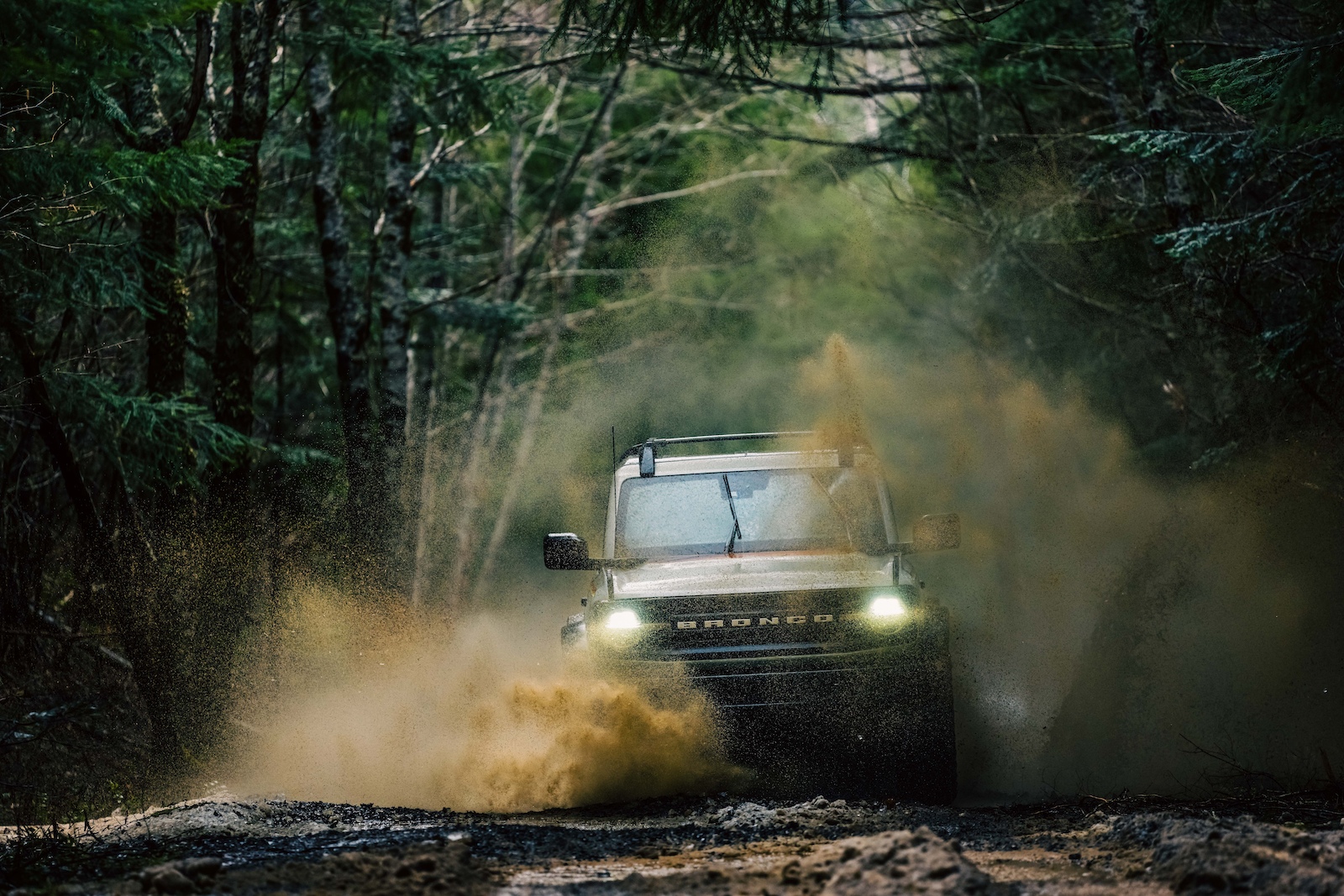


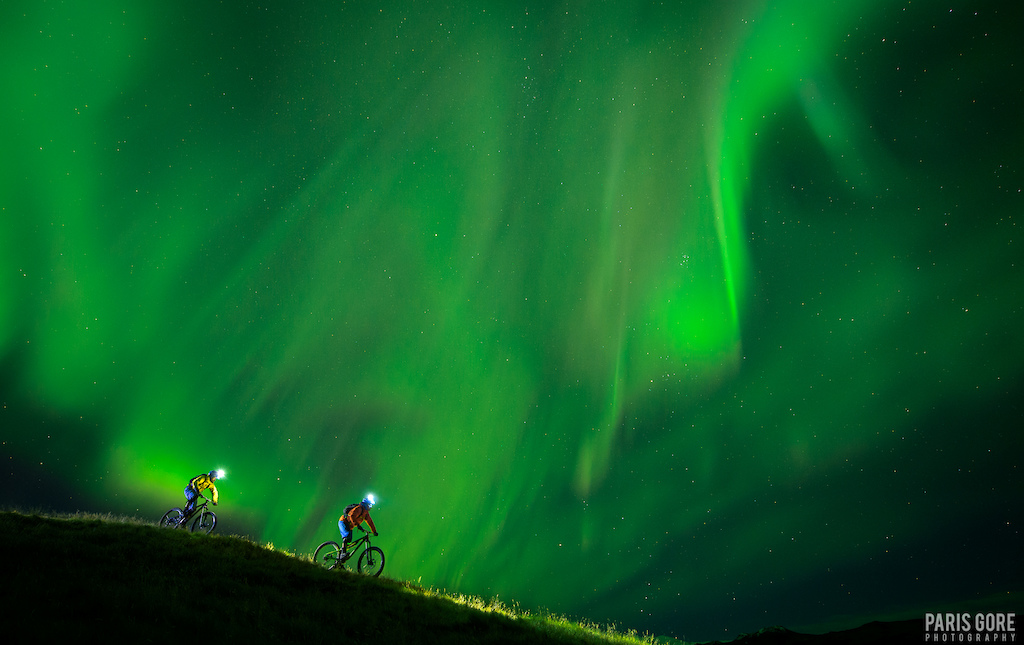

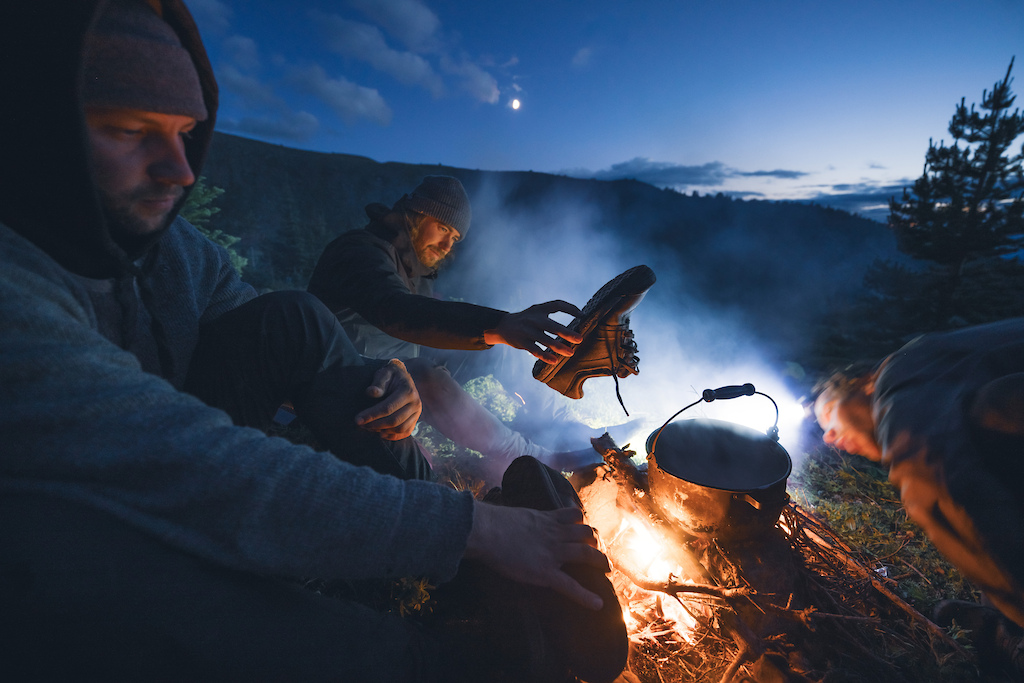

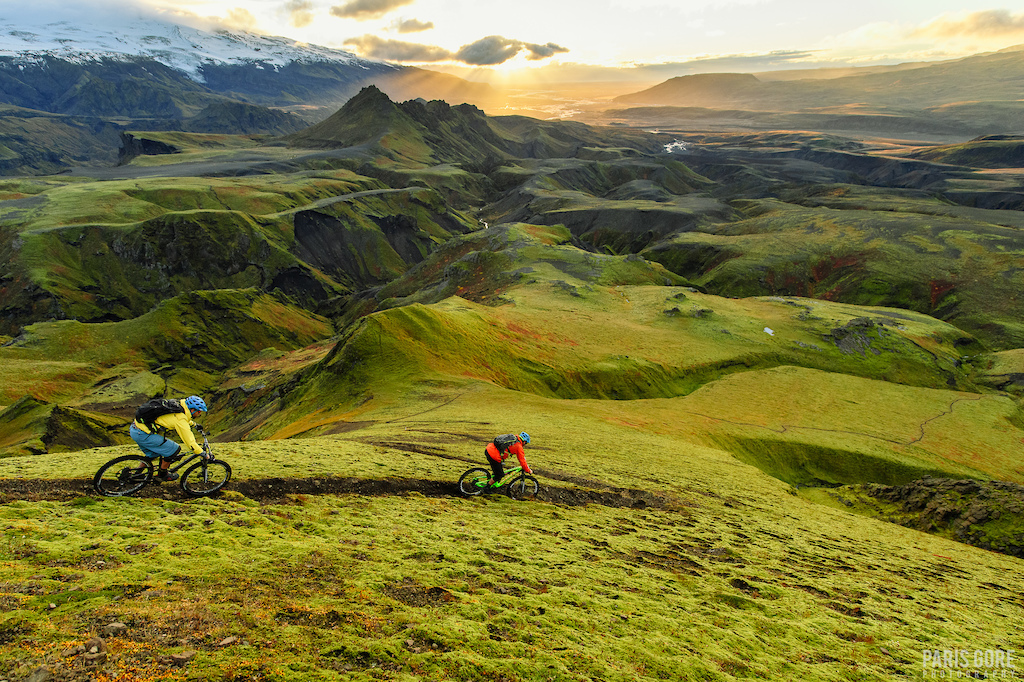

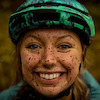
Paris is a total pro and his work is world class. Glad to see this Grade A human in the spotlight.
Nail on head here. Back when photography was less accessible ( and harder) rates were consistent. Now everyone expects quality images for nothing because literally everyone with a smart phone is a "photographer".
IMHO people have been conditioned to be way too accepting of mediocre / absolute garbage photography thanks to phones and social media. If I had a penny for every time I heard "got it" or "that is awesome" and then looked at the image only to see that it is objectively completely shitty.
one key takeaway: no matter what you do as a career odds are there is some element of sales and marketing involved. Networking, cold calling, pricing, positioning yourself... it's weird how "sales" jobs don't always get a great rep but it is a skill that nearly every successful person has mastered.
Cameras: Nikon Z9, Nikon Z8, Leica Q2
Lenses: Nikon Z Glass // 180-600mm, 70-200 2.8, 24-70 2.8, 14-24 2.8, 24mm 1.8, 85mm 1.8
Sigma ART 56mm 1.4, Older Nikon 16MM Fisheye 2.8
Shimoda Action 40 V2 camera bag is my personal favorite
Lights: Elinchrom ONE, 400 and 1100; modifiers, softboxes, etc but don't use these all too often.
Hope that helps!
Your photography work is awesome. Thanks for sharing your gear. It is always nice to see what pros are using.
The Q2 and the 180-600 surprised me. I'd understand that you use the Q2 as a fun or travel camera.
Thank you!!
nevermind
Nothing is ever captured without a point of view and manipulation in some way.
Post production is a natural extension of that and is as old as photography itself.